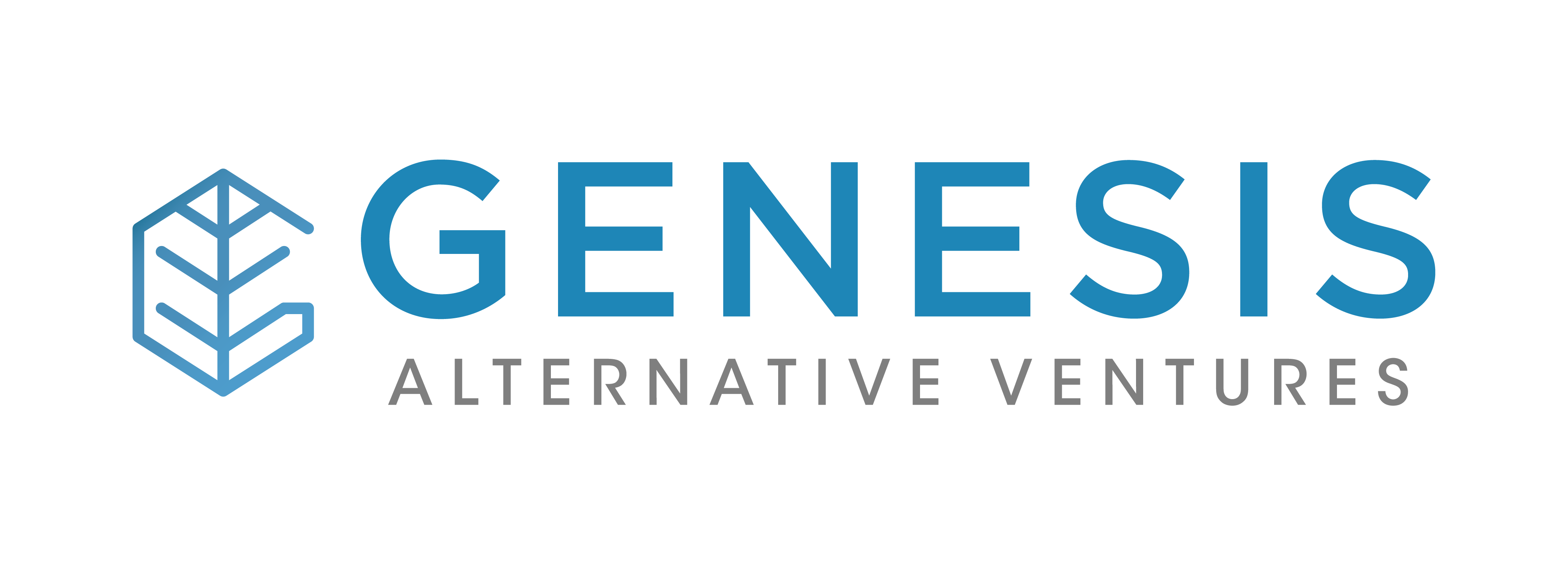Venture Industry Seeing A V-Shape Recovery

Investor confidence is on the rise in Southeast Asia. Statistics indicate that VCs are again allocating additional resources and hunting for deals. According to a South China Morning Post (SCMP) report published recently, COVID-19 is unlikely to be a damper for Southeast Asian PE and VC firms which are flush with US$8.7 billion in unspent cash. However, the shift will come in the form of investing in later rounds where investors are expected to double down on their winning bets. This bodes well for venture debt and growth capital funding although this might be impacted by the recurrence of Covid infection waves around the world. Similarly, we observe various companies within the Genesis portfolio looking to raise additional capital to accelerate growth brought about by COVID-19 while putting in place bigger cash buffers. We expect to announce successful follow-on fund-raises of several of our portfolio companies in the next quarter.
Good companies get funded
COVID-19 has exposed how tenuous and fragile some business models are. In the first half of 2020, several notable start-ups such as iFlix (Malaysia), Sorabel (Indonesia), and Stoqo (Indonesia) ceased operations after struggling to raise additional capital. The demise of these companies may not be entirely attributed to the pandemic given that the business models and unit economics of such companies always pushed the boundaries of sustainability.
For example, some companies have consistently been struggling with managing a cash runway. Sorabel publicly declared that it has never had more than 6 months of cash since 2016; while others have seen a sharp decline in income as the pandemic barrelled across Asia.
Conversely, companies that are able to deliver growth continue to attract strong funding. NinjaVan added US$279 million new funding to scale E-commerce delivery logistics and boost B2B service. Waresix says it has closed its series B funding round, raising about US$100 million over the last year.
Payfazz is one of several tech start-ups focused on solving that problem by finding innovative ways to give more Indonesians access to financial services. The company announced that it raised a $53 million Series B led by B Capital and Insignia Ventures Partners. Taiger, a Singapore-backed artificial intelligence (AI) start-up whose clients include Bank of America, AIA Group and Banco Santander, has raised US$25 million of funding for its expansion.
Acquisition of start-ups by corporates accelerate
In the first 9 months of 2020, Southeast Asia has witnessed a flurry of acquisitions. TradeGecko was acquired by Intuit for US$80m, Synagie for US$62m by Gobi and Alibaba and Chilido for US$18m by Thailand’s CP Group. Mature start-ups like Grab and GoJek are also using consolidation as a strategy to expand into new services by acquiring smaller players. Rather than developing internally, they choose to leapfrog the cycle by buying existing companies that have been operating in the same or adjacent sectors. Gojek has acquired 13 start-ups thus far according to Crunchbase, including Vietnamese payments startup WePay and Indonesian point-of-sale platform Moka earlier this year. Grab and Traveloka have also been busy buying and integrating smaller players.
A harbinger of things to come? We certainly think so as private exits like these fuel the serial entrepreneurship cycle as well as offer an alternate exit channel apart from IPOs.
